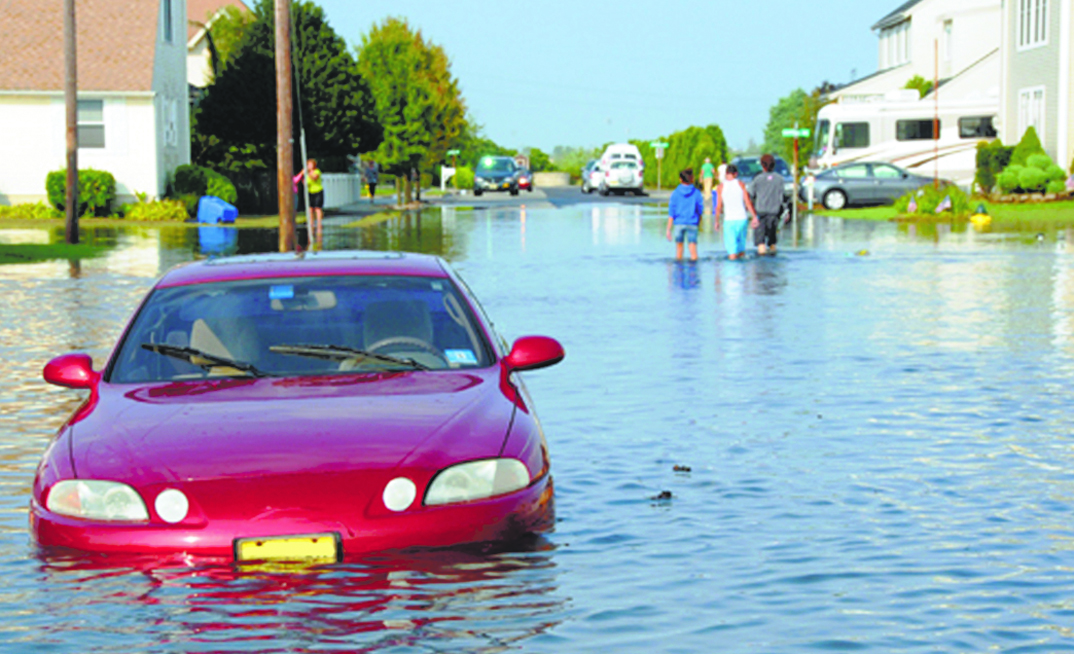187
Attorney General James D. “Buddy” Caldwell doesn’t want vehicles with undisclosed flood-damage to make their way into your driveways and warns that recent flooding impacting parts of the country could affect car buyers in Louisiana.
“Floo
Attorney General: Watch out for flood-damaged cars
previous post



